Stitched together stories: the plights of garment worker women in Bangladesh

CW; mention of sexual harassment, domestic violence Bangladeshi readymade garments (RMG) worker Nasrin Begum feels embarrassed recalling the plights that she began to face as a teenager, and is still carrying now. Begum was 15-years old in 1990, when she married a carpenter who was twice her age. They lived in a remote area in […]
The activist pressuring Dominic Raab on Myanmar: In Conversation with Wai Hnin Pwint Thon
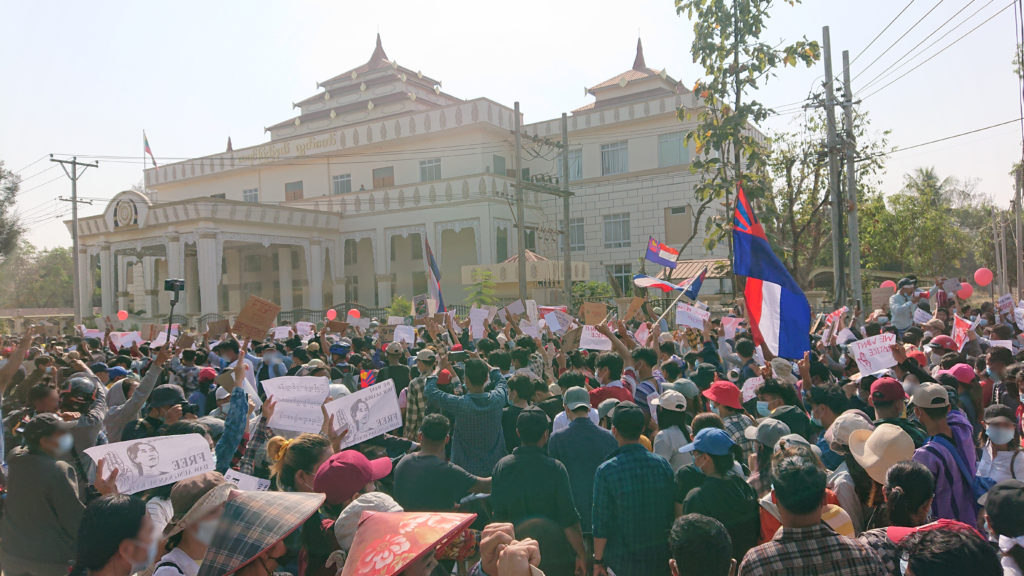
Wai Hnin Pwint Thon had known her father was at risk of being arrested again. With rumours of a coup circulating in January, “he was very outspoken”, warning of “the military using bullying tactics to destroy democracy”. What she had not expected was to actually watch soldiers escorting him from his home through a deserted […]
A Manufactured Garden of Eden?

The steady increase in global temperatures has given rise to a formidable concern; desertification is anticipated to affect 35% of the world’s population in the near future.1 It is an unfolding crisis described as “the degradation of land in arid, semi-arid and dry sub-humid areas,” accredited to the increase of global population, demand for food, […]
Revisiting the North-South view of the world
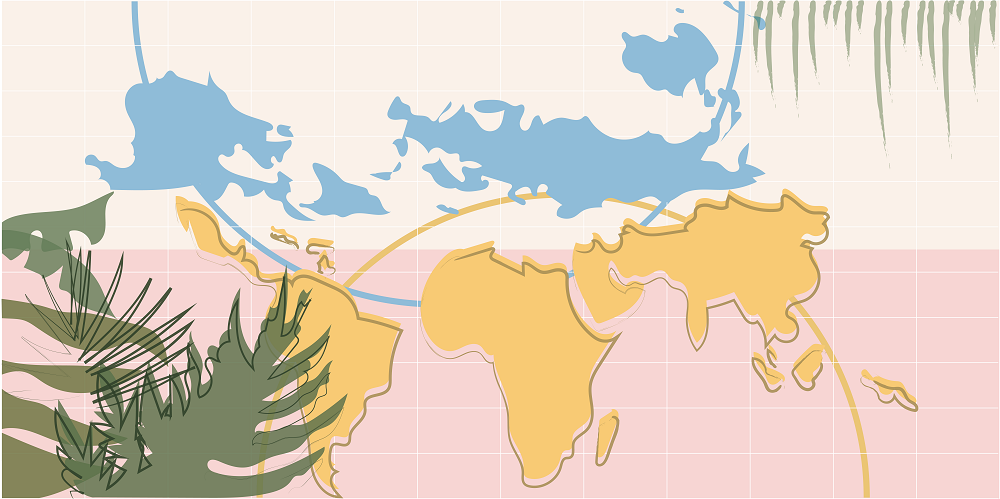
This is a new translation for The Civil Society Review by Paola Matha, from François Polet’s 2016 French-language article in Alternatives Sud, a quarterly publication by Centre Tricontinental (CETRI). Editor’s note: Although originally published in 2016, this essay by François Polet is still relevant to current debates on international development. Do geographical designations still make […]
The Women Strike and the Youth Revolts: in conversation with a Polish pro-choice activist
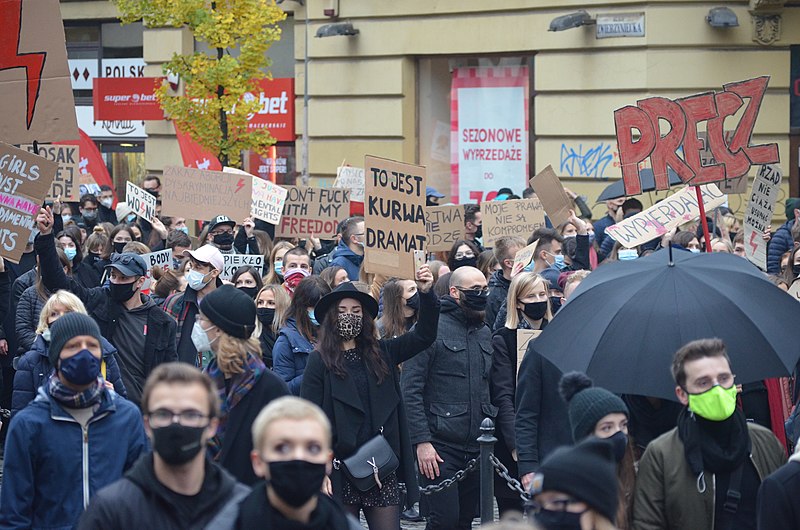
Tom Lesniara talks to Aleksandra Sidoruk, a member of Łódzkie Dziewuchy Dziewuchom, to hear from the frontlines of the historic protests in Poland. On 22nd of October, The Polish Constitutional Tribunal ruled that a statutory provision which allowed women to access abortions in cases of foetal abnormality was unconstitutional. The Tribunal Judge Justyn Piskorski later […]
This Remembrance Day, it’s time for a new English pacifism
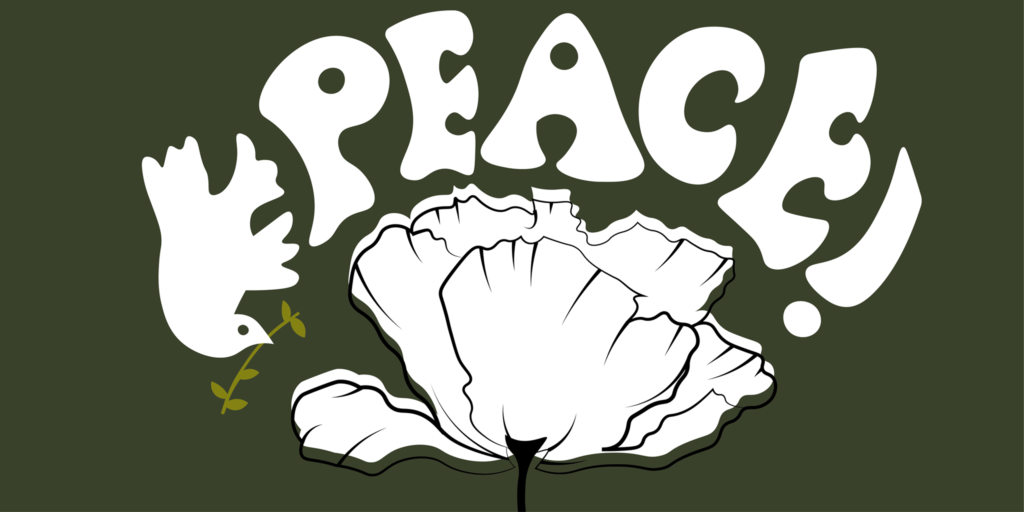
The Civil Society Review editor, Bertie Harrison-Broninski, takes us through the moral dilemmas of poppy-wearing. In Britain, it is commonplace to wear a red poppy in November as an act of war ‘remembrance’. Some, however, object to the Poppy Appeal and The British Legion, believing their messaging to be overly jingoistic. Many believe these organisations […]
The fashion movement inspiring a new vision of Africa’s future
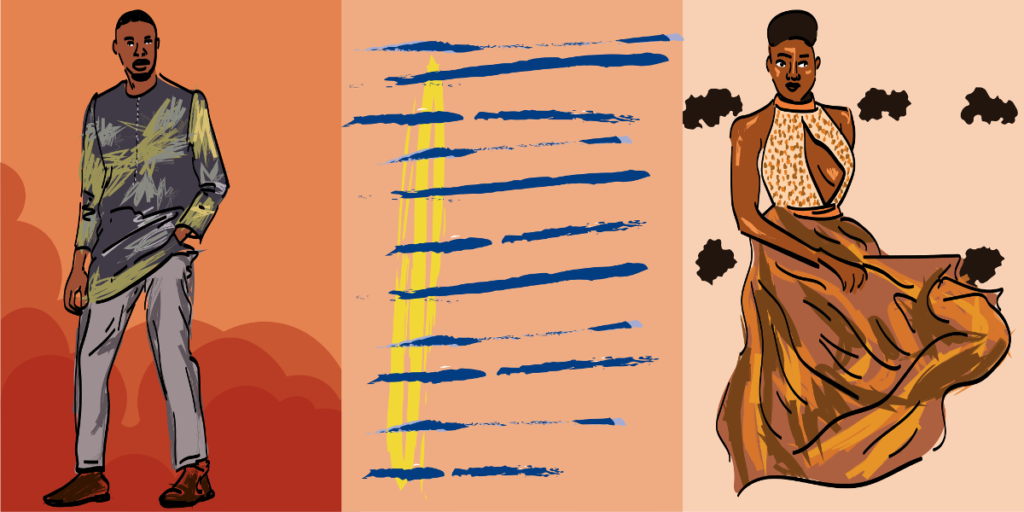
Translated for The Civil Society Review by William Holmes, from Andrea de Georgio’s original Italian article in Internazionale. Editor’s note: This Italian article spotlights an emerging entrepreneurial reality in West African, particularly Burkinabé, society. Young fashion designers are negotiating a new, decolonised identity through garments, and rewriting the rules of the industry. We were particularly […]
WAR on racism in Australia: discussing Black Lives Matter with Aboriginal activist Boe Spearim
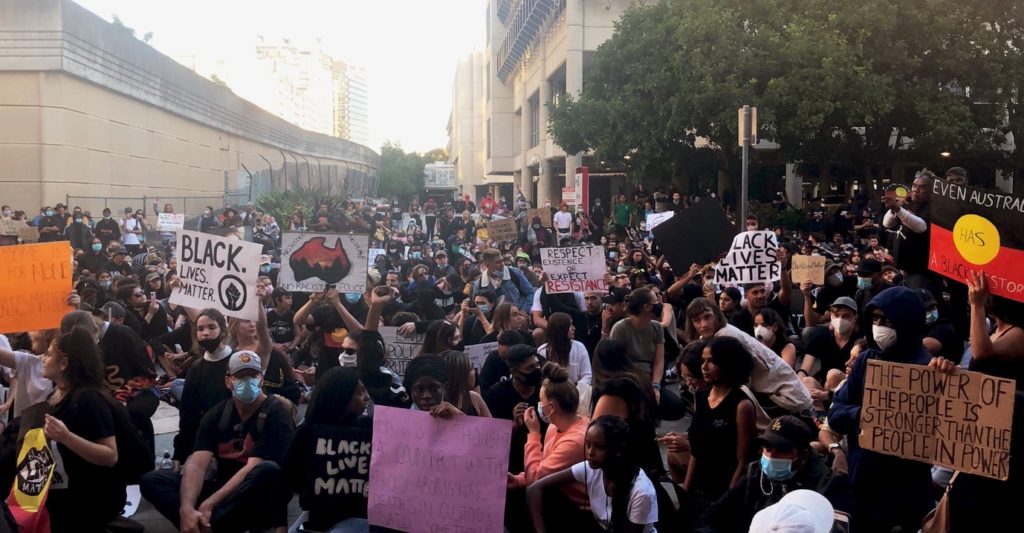
In our first piece for In Conversation, Lilly McKenzie takes us to the streets of Brisbane to offer a different perspective on Black Lives Matter. Walking through the Brisbane Cental Business District (CBD), you hear the roar of the crowd before you see them, stragglers walking alongside you. Spilling out from King George Square is […]
Don’t misread Orwell: 1984 supports Black Lives Matter

Russell Square is a bustling and leafy area in the middle of London. It is home to many great institutions that in their own way represent British history, including the School of Oriental and African Studies, a university founded to train colonial administrators, and the British Museum, a beautiful collection of artefacts collected from around […]
Becoming racialised, becoming coronavirus: experiences of racialised subjects during a pandemic

By Shivangi Kaushik All articles in In Depth have been subject to double-blind academic peer-reviews. The word ‘subject’ has been intentionally used in the title of this article to frame “racialisation” as an essentialising act of power. Racialisation1 here is not only seen as an exercise in othering or exclusion, but also as a means […]
